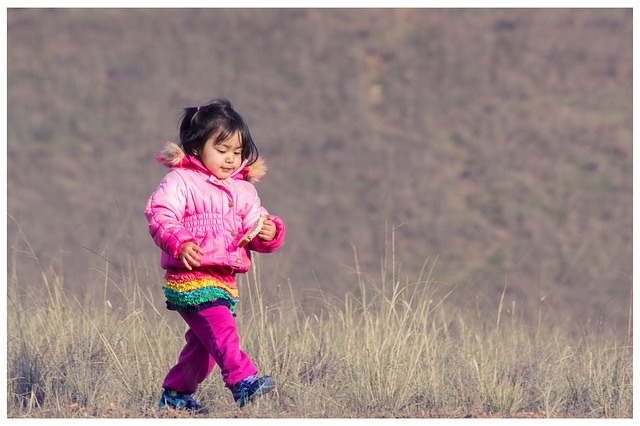It is interesting that we are frequently exhorted to “seize the day” – to make the most of the moment for our personal advantage. It implies haste and possession – two primary descriptors of today’s fast-paced, “get ahead” world.
Barry Bryce, Editor-in-Chief of the Mindful Magazine and mindful.org, provides a very different exhortation in his article, Get Real with Everything: A Savoring Practice.
The article resulted from Barry’s commitment to maintain a savoring practice over a week-long period. Through this practice, he came to identify seven ways that we could actually savor the moment.
“Savor” is not a term in common usage today as it implies a counter-cultural orientation. The word in its American English form means:
To enjoy food or an experience slowly, in order to appreciate it as much as possible.
This is the meaning of “savor” behind Barry’s article. His encouragement to savor everything relates to not only experiences we view as positive but also to those that, on the surface, appear negative. Savoring these latter moments requires a positive stance – being able to perceive the positive in each situation irrespective of how it first appears.
In this post, I will concentrate on the first of those experiences that we normally view as positive – when things are good for us.
Savor the joy
Underpinning Barry’s orientation in the article is appreciation or gratitude for any experience in your life. This perspective not only requires slowing down, but also overcoming a “taken-for-granted” attitude.
Barry suggests that when things are going well, you would naturally be able to savor the resultant happiness and joy. He found that this was more difficult than he had imagined. This is partly because we take things for granted and because there are different levels of savoring. On the more immediate level, you can savor the smell of the flowers and trees, the rustle of the wind, the song of birds, the sight of a sunrise or sunset or the sheer joy of being able to walk or to do so in the fresh, open air.
At another level, that Barry refers to, is consciousness about your body and how it is naturally in-the-moment and in synch with what you are doing, e.g. walking. This is appreciation of the way our body parts work together in unison to enable the act of walking. I alluded to something similar in my recent article on developing mindfulness through tennis, when I expressed appreciation of the moment when the body and mind work in unison to assess the speed and spin of a tennis ball and to create a return tennis shot.
To savor the joy of the moment also entails overcoming the urge to “get somewhere” or to “do something” – both being obsessions of our times. As Jon Kabat-Zinn points out, we spend so much time “doing” that we have lost the art of “being”.
Mindful walking and mindful eating are other forms of meditation that entail savoring the joy of our actions and sensations in-the-moment.
As we grow in mindfulness through savoring the moment we are able to enjoy a richer and more rewarding life, to value what we have at the most basic level and to experience real happiness and joy.
By Ron Passfield – Copyright (Creative Commons license, Attribution–Non Commercial–No Derivatives)
Image source: courtesy of MiguelRPerez on Pixabay



